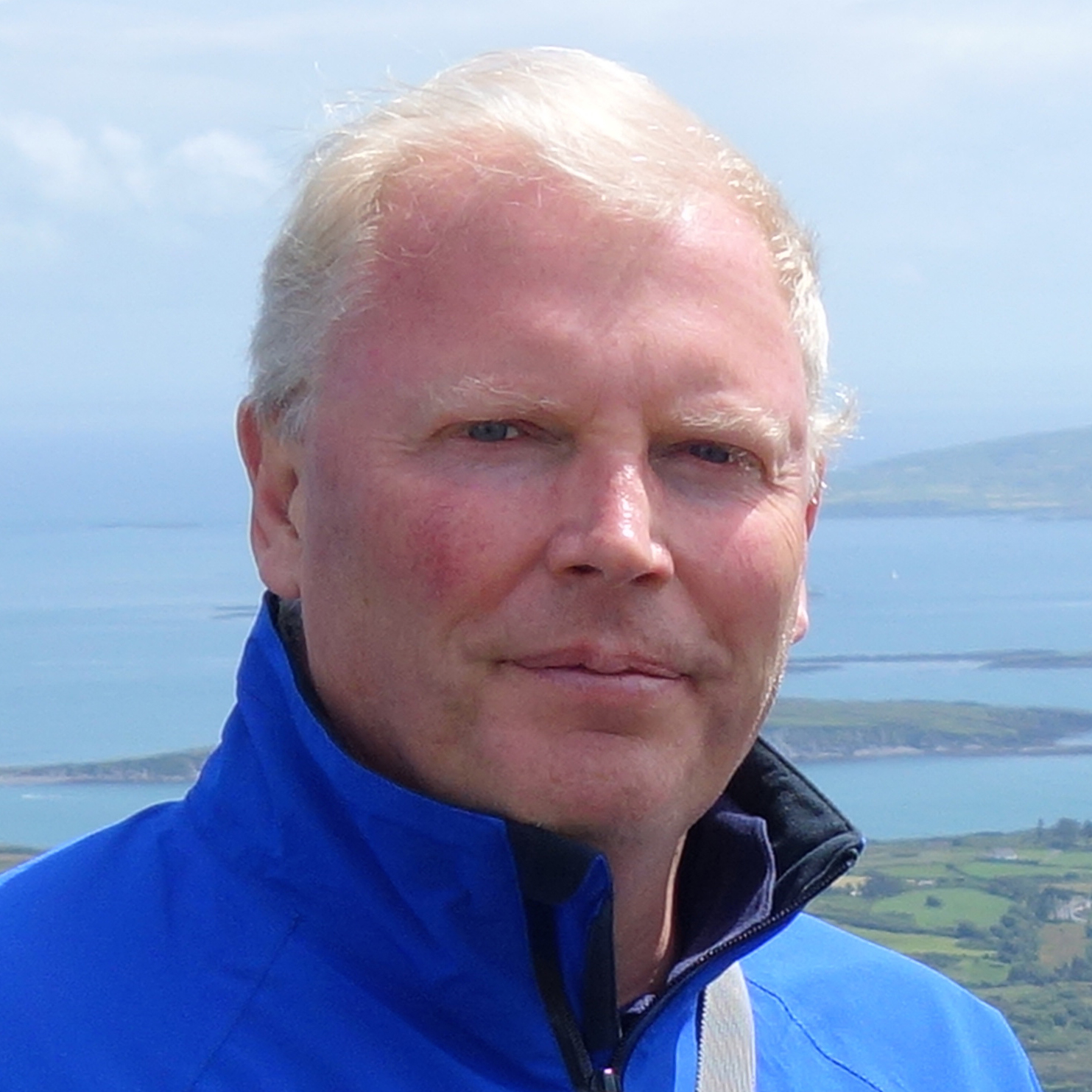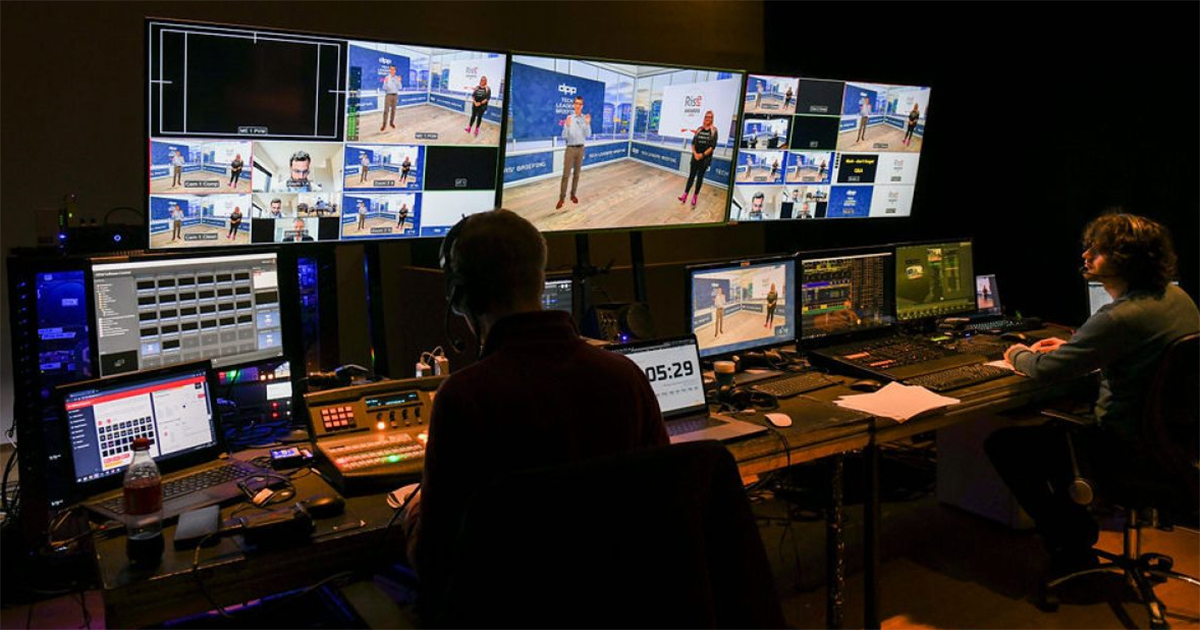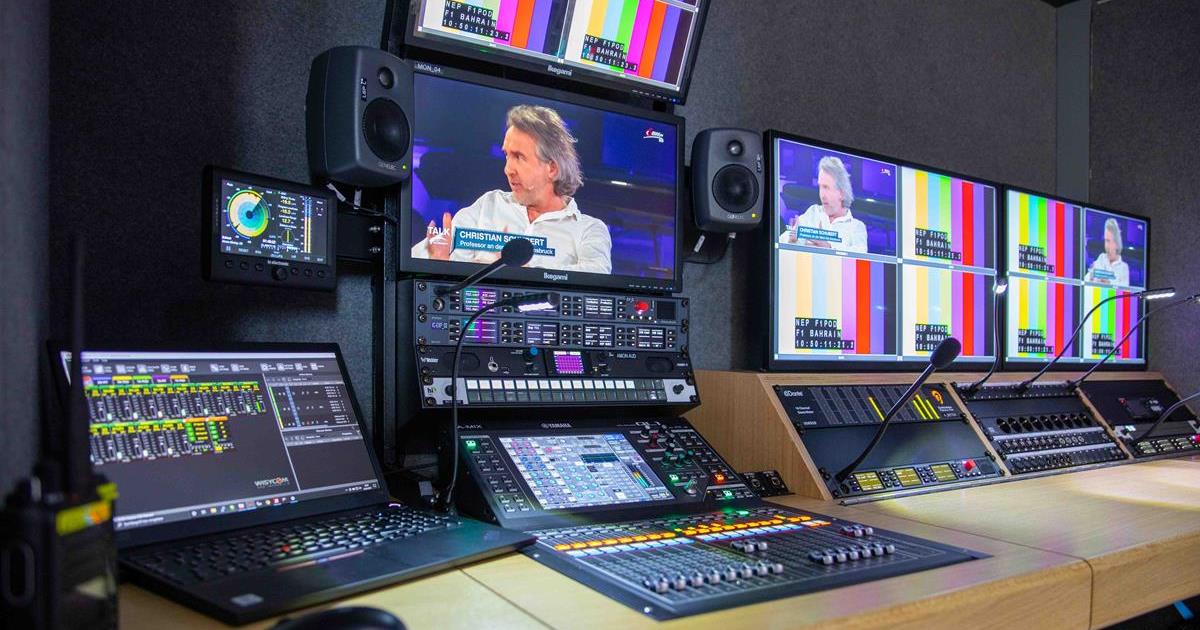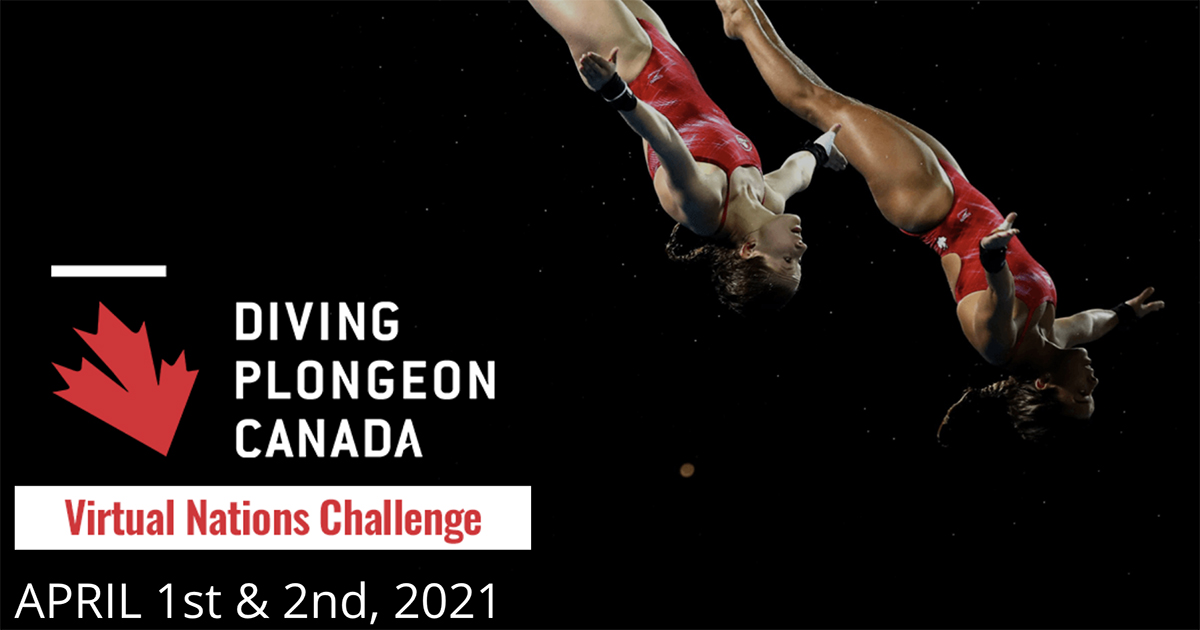
Diving Plongeon Canada (DPC), a not-for-profit organization promoting the growth and awareness of springboard and tower diving across Canada, has been organizing virtual meets to reduce the impact of the ongoing COVID-19 pandemic on the sport.
A live video solution, provided by local systems integrator Integrated Sports Systems (ISS), enables athletes to compete from different locations simultaneously, while judges score dives from their homes in real-time.
Speaking to NAB Amplify, ISS Chief Programmer and Director Michael Morris said, “The major consideration is live judging. In the sport of diving, divers hit the water once a minute. We needed a solution that would allow judges anywhere in the world the ability to watch the dive in real-time and score it live.”
The Virtual Nations Challenge, held April 1-2, was Diving Plongeon Canada’s first web-based competition allowing international athletes to compete against each other in real-time. This edition featured 37 athletes from four nations (Canada, Great Britain, Jamaica and South Africa), including world renowned divers Tom Daley (GBR), Jack Laugher (GBR), Meaghan Benfeito (CAN), and Jennifer Abel (CAN) all competing at their respective locations.
“With 20 years of experience in judged sports, we have learned to plan for the worst. Fortunately we didn’t need to use that experience during this event.”
— Michael Morris, ISS
The competition sites were the London Aquatics Centre in England; Commonwealth Games Pool in Edinburgh, Scotland; and the Sports Centre at Montreal’s Olympic Park in Canada. Seven judges from across Canada and the UK submitted their scores remotely through Integrated Sports System’s u-Judge platform as the competition took place.
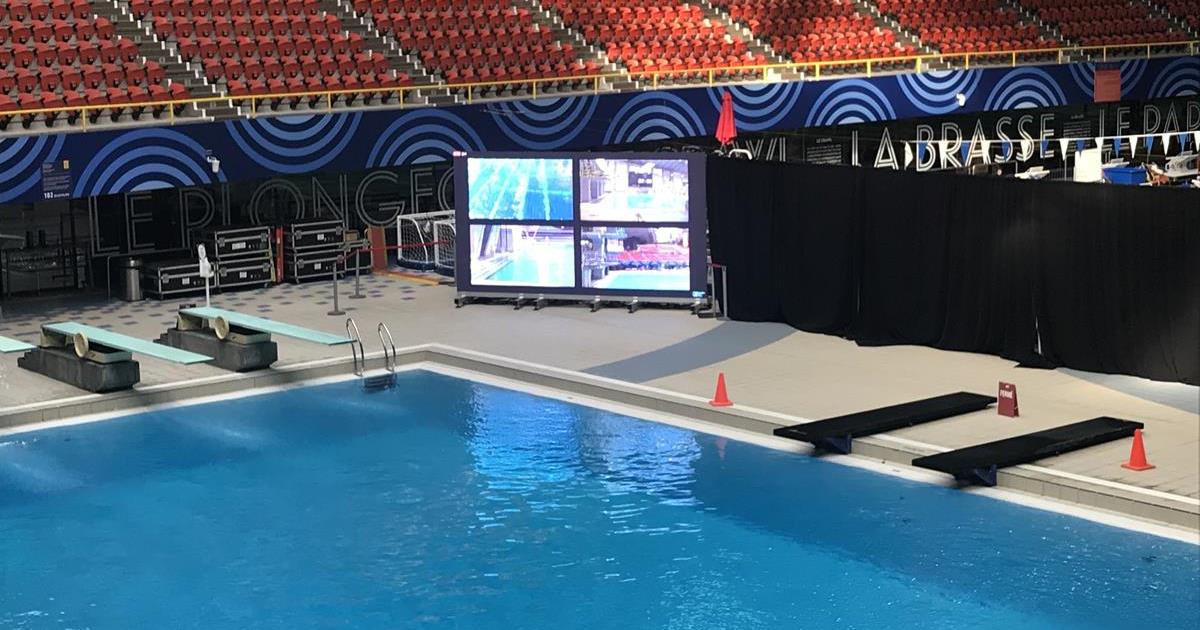
The ISS u-Judge system is built around Dejero’s EnGo mobile transmitters and WayPoint receiver that delivers the low latency required to make these competitions as realistic as possible for the athletes.
“During the COVID-19 downtime, Integrated Sports researched creative ways to build a virtual competition that would allow athletes to not only dive in real-time, but to replicate the actual feeling of a live competition against others with immediate scores from judges,” said Jeff Feeney, Director of Events and Communications at DPC.
“Low latency is crucial to the sport of diving, and Dejero was the obvious technology provider to make live viewing and judging possible. The workflow provides the simplicity of receiving high-quality live video, producing a stream and switching right then and there. This technology is going to impact the way we handle national level training camps and competitions going forward, saving us time and travel costs, even beyond COVID-19,” said Feeney.
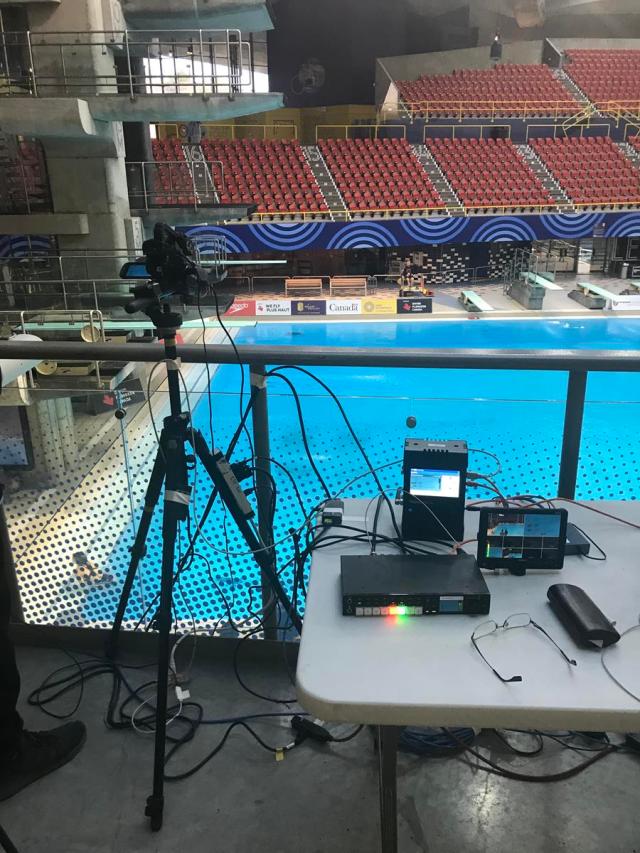
DPC and ISS successfully tested the solution in a national competition involving pools in Montreal, Saskatoon, Victoria and Toronto, with a one-man production team in Thunder Bay, Ontario, a celebrity announcer in Vancouver, a judge controller in Victoria and international level judges working from home across Canada.
For the Virtual Nations Challenge DPC displayed the live production feeds from the EnGo mobile transmitters at each venue onto a large poolside video wall to deeper immerse the athletes into the action, allowing the Canadian team to watch their competitors perform in real-time.
The multi-location event was streamed to Vimeo, available through DPC’s website. The production studio in Thunder Bay centralized the live streams received from three Dejero EnGo mobile transmitters at the poolside locations and delivered them via a Dejero WayPoint receiver, with less than a one second delay, to international-level judges watching from around the world. At the same time, live streams were provided to the public via Vimeo and recorded for archive.
“The first consideration was live judging, and the second consideration was how were we going to get live video feeds from around the world into our makeshift production studio in Thunder Bay,” Michael Morris told NAB Amplify.
“The biggest challenge was communication. We had camera operators in three countries, brand new to the Dejero experience. Our announcer was in Kamloops, BC; scoring was in Victoria, BC; we had our makeshift production studio in a portable trailer in Thunder Bay, ON; and the event supervisor was in Montreal, QC. And let us not forget three deck referees, seven judges and a head referee — all trying to get it done one dive at a time.
“Our dependence on the internet was critical. Imagine a judge sitting alone in their living room, watching the live event on their laptop and expected to provide an accurate score once a minute. A solid connection to the internet is key as well as being fluent in a variety of messenger platforms.
“Our announcer was in Kamloops, BC; scoring was in Victoria, BC; we had our makeshift production studio in a portable trailer in Thunder Bay, ON; and the event supervisor was in Montreal, QC.”
— Michael Morris, ISS
“With 20 years of experience in judged sports, we have learned to plan for the worst. Fortunately we didn’t need to use that experience during this event,” said Morris.
How did ISS come to build u-Judge around Dejero’s EnGo mobile transmitters and receivers? What were the key differentiators with Dejero for a low latency system like this as opposed to other vendors and their offerings?
“Dejero are leaders in their field,” said Morris. “We had no interest in trying other products when there was a proven solution available. The support we received was superb.”
“Our u-Judge system does more than just live events. We also pre-record events, then broadcast them with live judging. We ran the US Artistic Swimming World Series this year and will be running the Canadian Artistic Swimming World Series event next month. We have an event every few weeks, mostly junior level athletes competing without the need to travel,” he said.
Dejero EnGo is a mobile transmitter purpose-built for reliably sending high-quality live video from remote locations. It enables transmission with glass-to-glass latency as low as 0.8 seconds. Dejero WayPoint receivers reconstruct video transported over multiple IP connections from Dejero transmitters, decode HEVC or AVC, and output to the desired workflow — SMPTE ST 2110, SDI, or MPEG-TS.
A Step Forward for Canada’s Thriving Technology Ecosystem
Meanwhile, Dejero has announced a $60 million minority recapitalization of the business, led by Vertu Capital. Vertu partnered with Ubicom Ventures, a special purpose investment entity in partnership with Dejero management, to complete the transaction and pave the way for accelerating the company’s growth.
Founded by Bogdan Frusina in 2008, and led by Bruce Anderson, CEO, Dejero is headquartered in Waterloo, Ontario, one of Canada’s top tech hubs, with offices in the US and UK, and a global distribution network.
The company’s live video and real-time data transmission solutions are used by broadcasters, production companies, public safety and government agencies, along with enterprise customers around the globe who need uninterrupted connectivity for their critical applications.
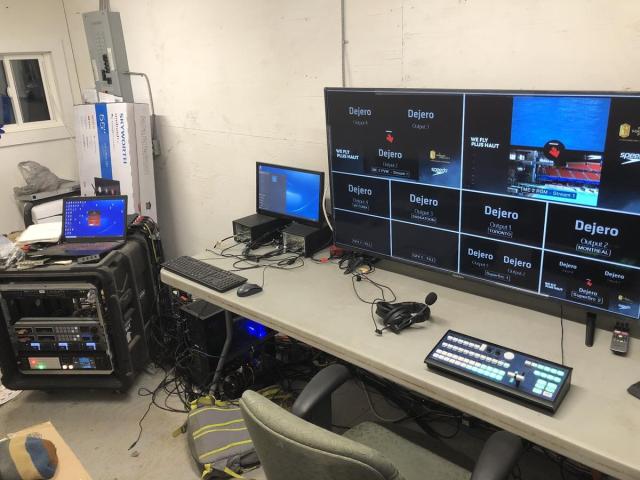
“Canada’s technology ecosystem is thriving, and we are excited to be playing a vital role by actively partnering with premier companies that are at critical points of inflection in their growth and scale,” said Lisa Melchior, founder and managing partner of Vertu.
“Dejero exemplifies a Vertu investment; the company has an established world-leading technology solution and is accelerating its expansion into multiple global markets. We are thrilled to be partnering with Bruce, Bogdan and the entire Dejero management team on this exciting new chapter for the company.”
“Vertu is the perfect partner for us. They bring deep software sector expertise and decades of experience investing in large, global tech businesses, so they understand where Dejero is heading,” said Anderson. “We are excited to collaborate with the Vertu team on our plans to accelerate our growth and achieve our strategic goals.”

